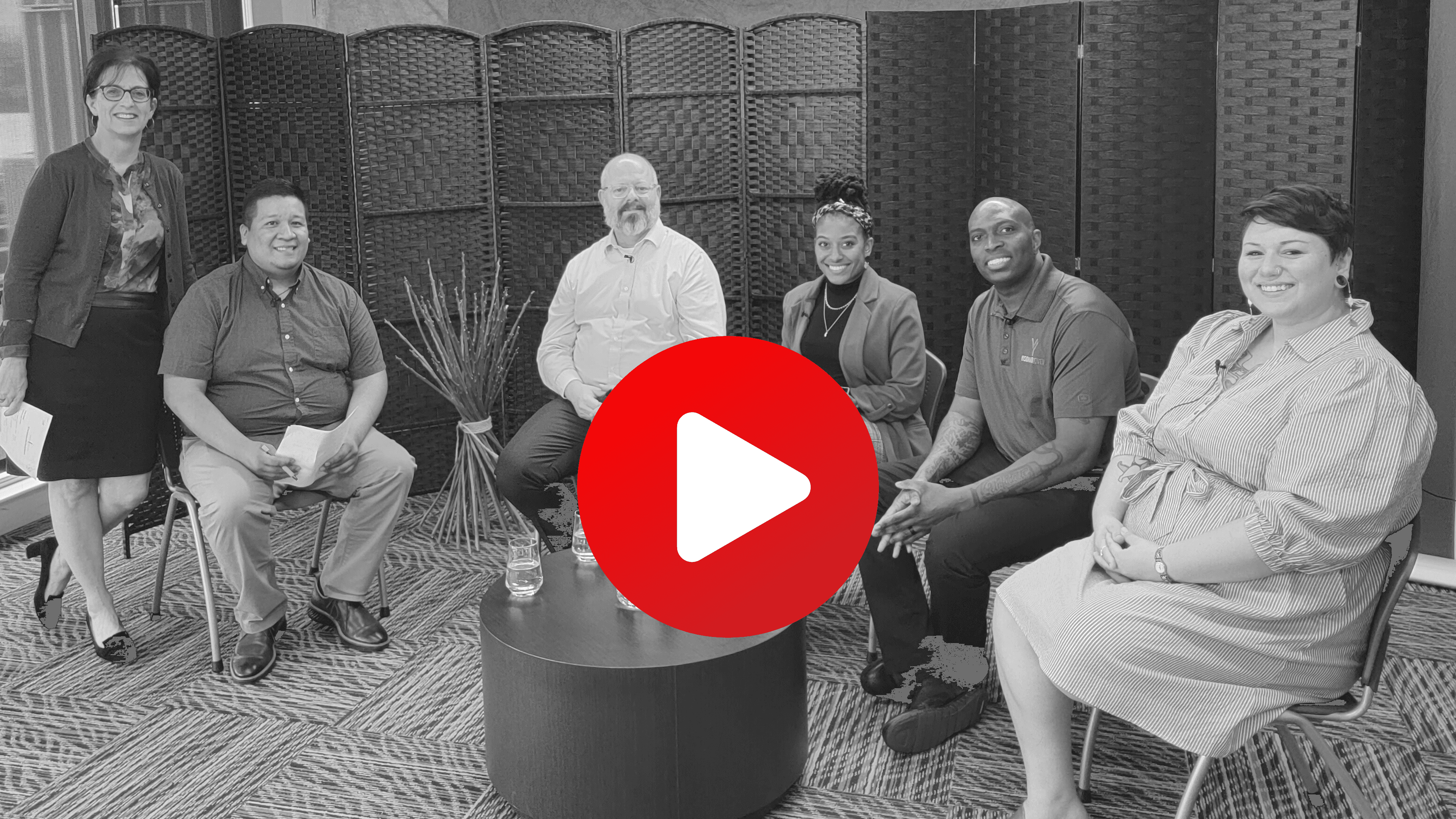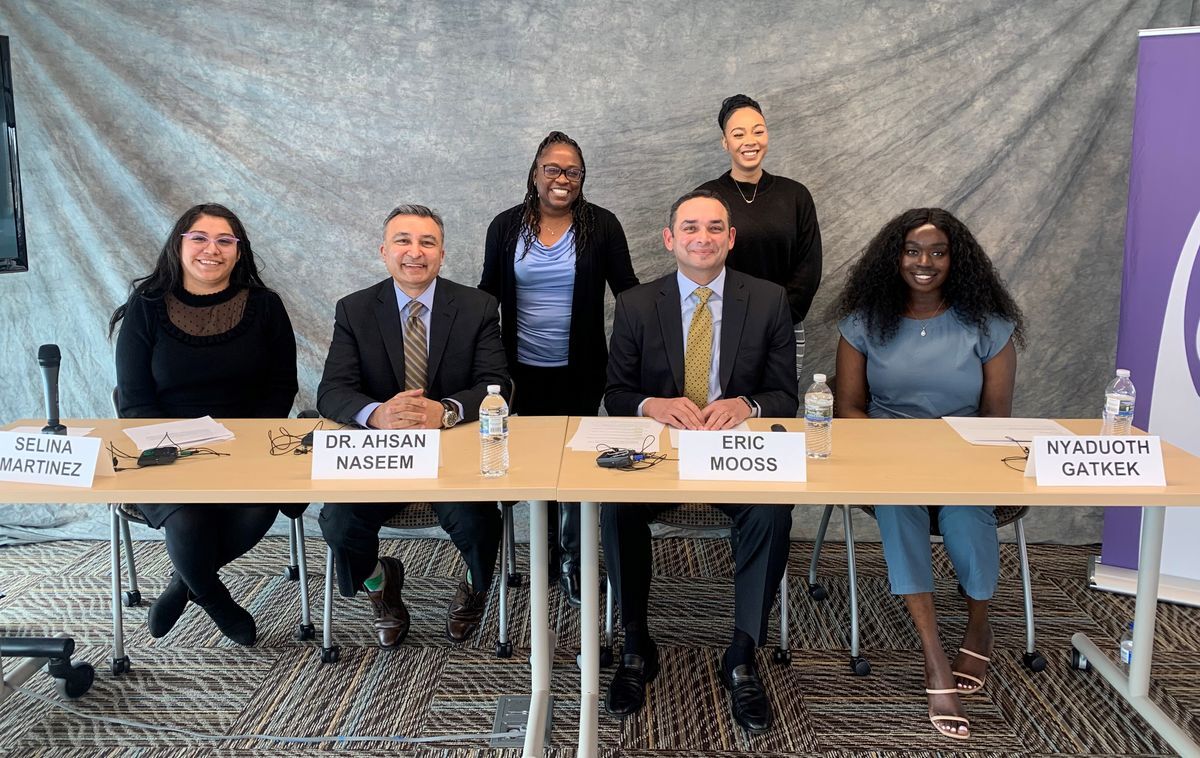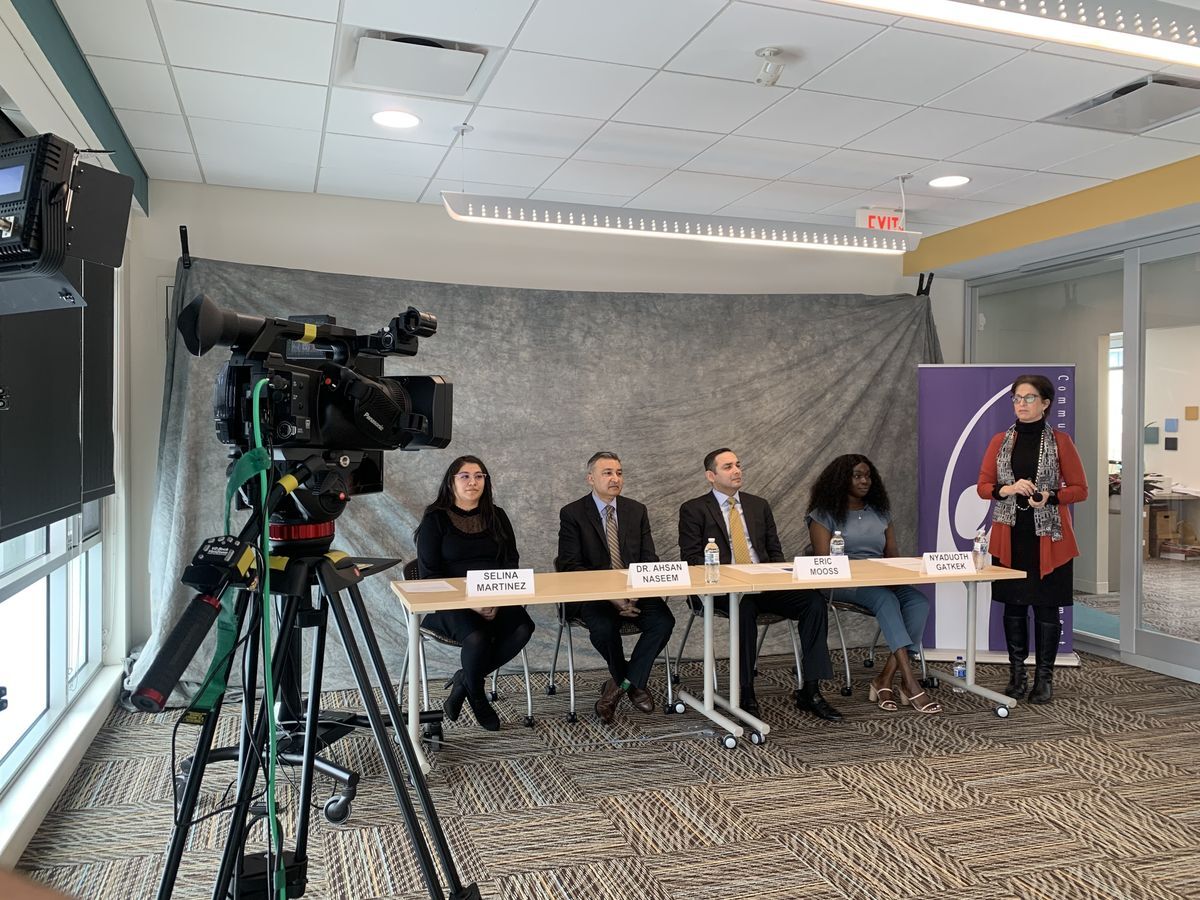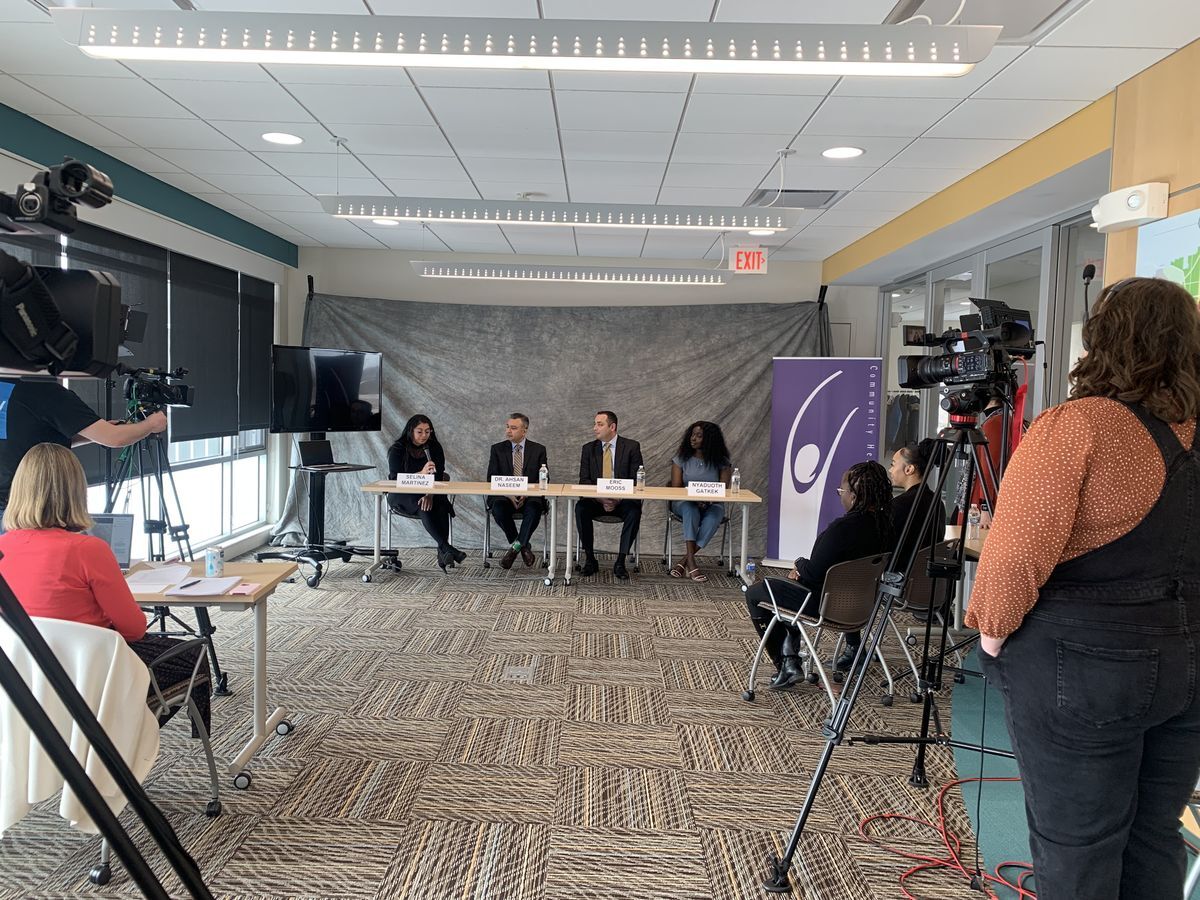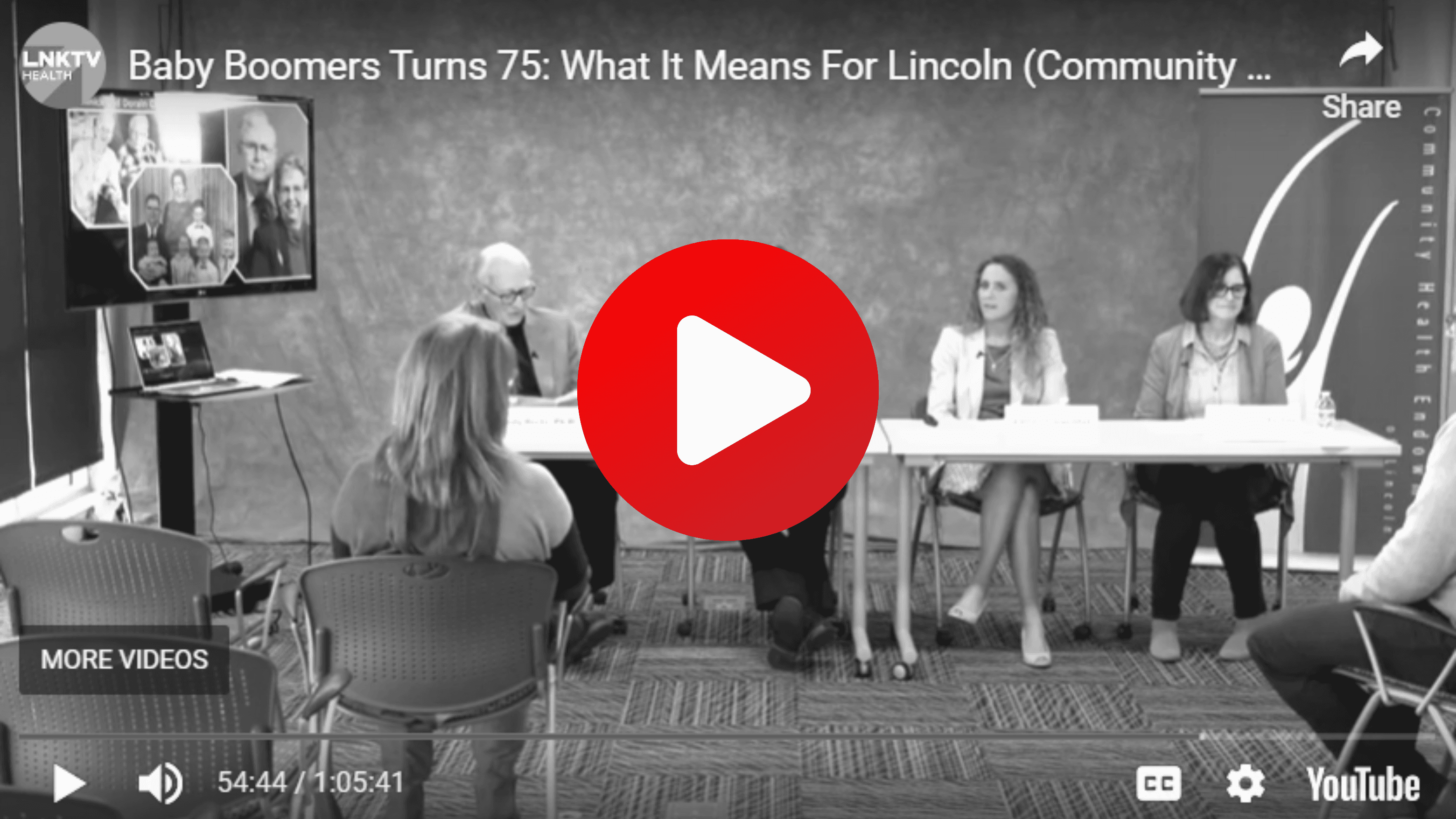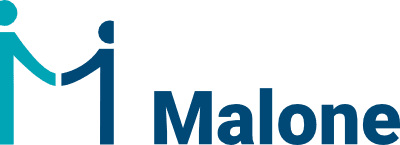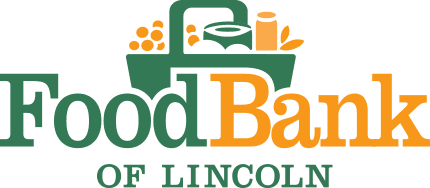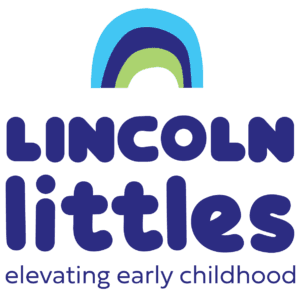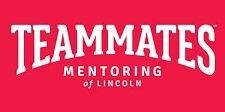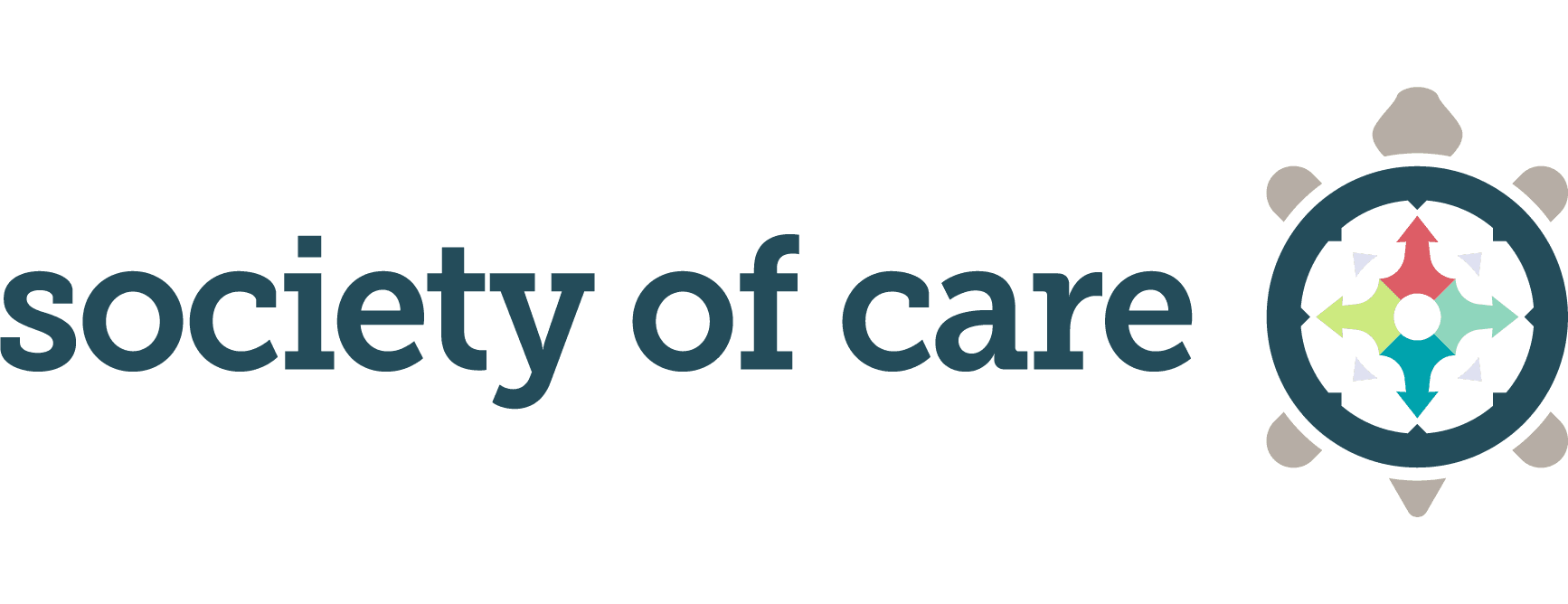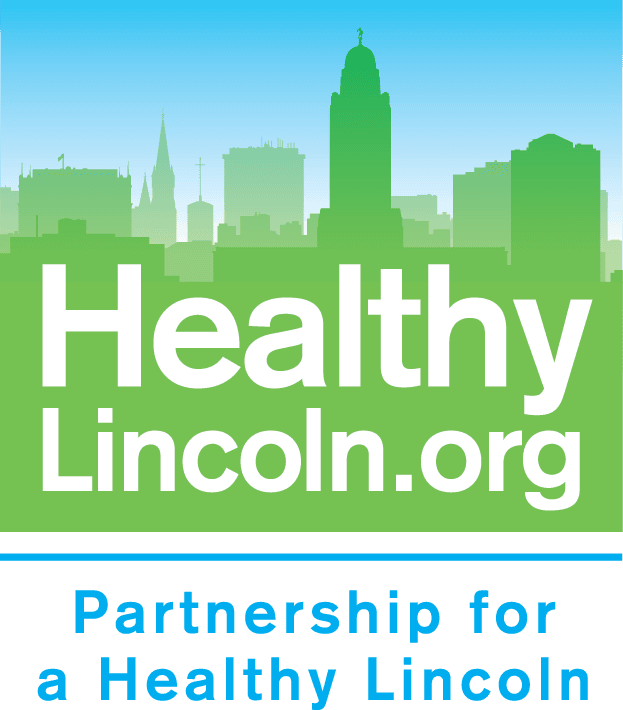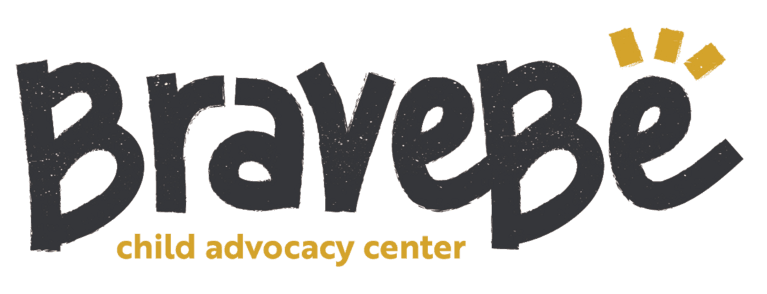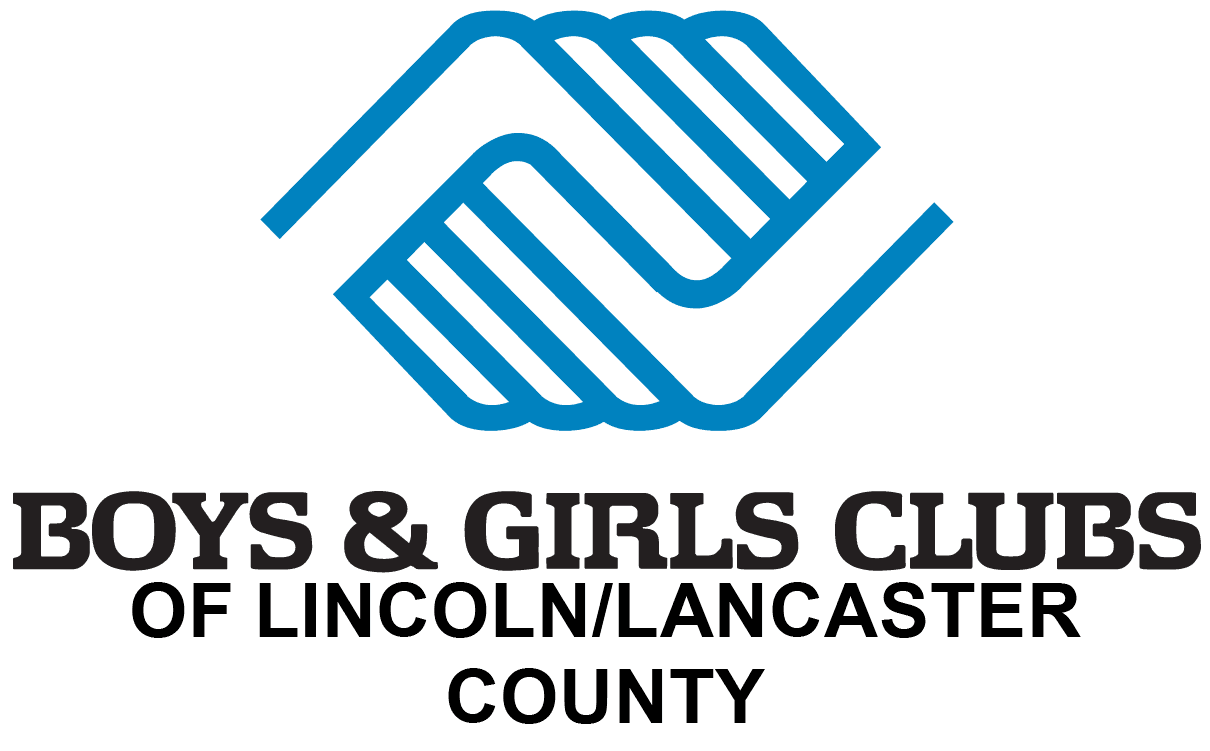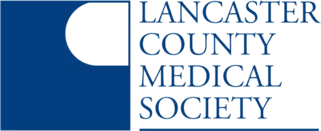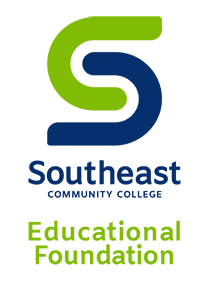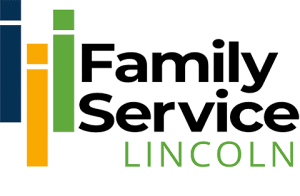Community Conversations are grounded in local data and brings awareness to pressing health-related issues, including CHE funding priorities, uplift local expertise or local work being done to address the issues, and share personal stories of the impact of those issues in our community. Community Conversations are typically held quarterly and provide participants with an opportunity to ask questions. View some of our recent conversations below.
Unplug and Play: Promoting Mental Wellness through Physical Activity in a Digital Age
Held on July 22, 2025, this Community Conversation highlighted how physical activity supports mental wellness in young people. Local youth, coaches, and mental health professionals shared how movement—through sports, free play, and after-school programs—can foster confidence, connection, and resilience, especially in the face of rising screen use.
Youth Mental Health and Social Media Use in Lincoln
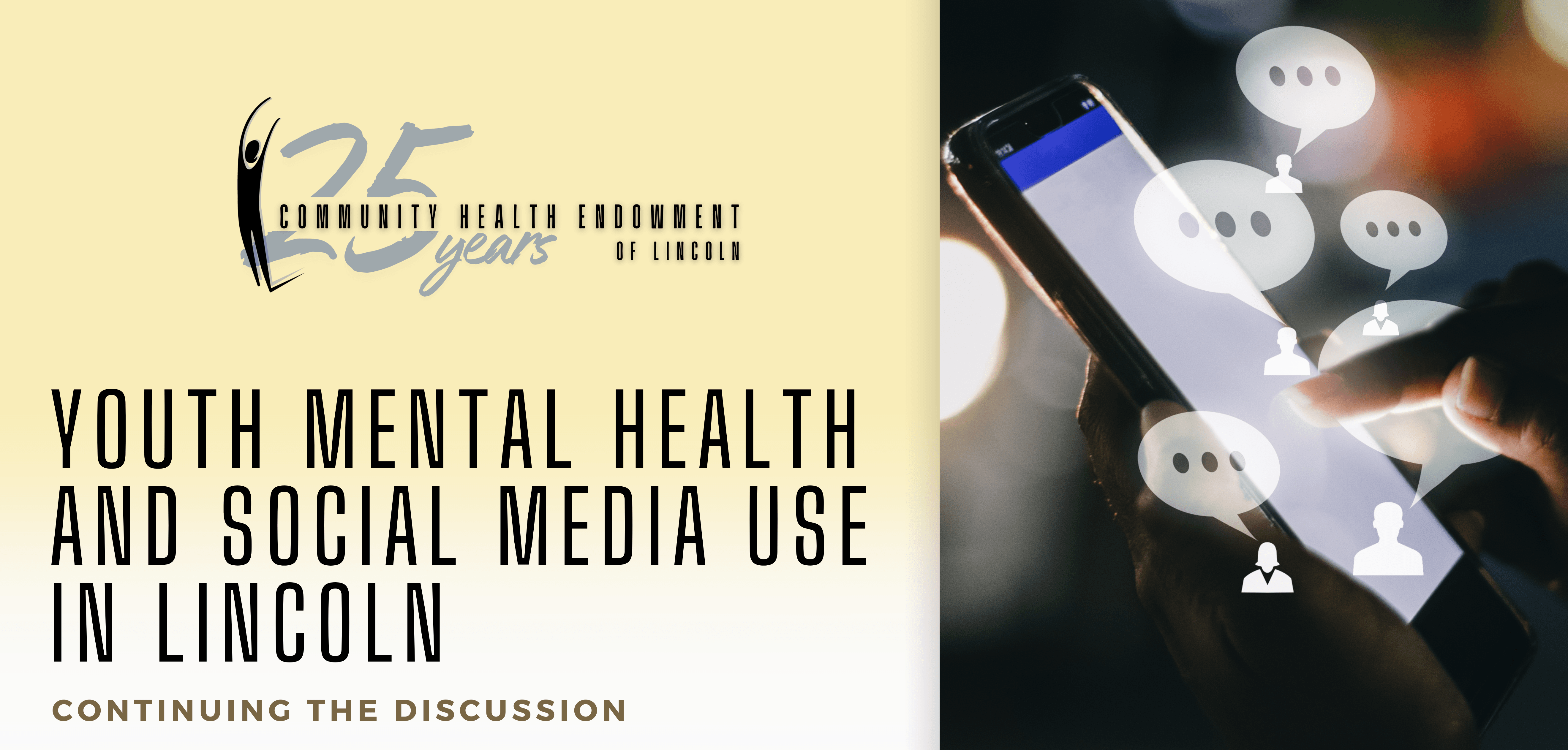
During a recent visit to Lincoln, Dr. Vivek Murthy, U.S. Surgeon General, challenged our community to pay attention to the intersection of social media and youth mental health. Dr. Murthy stated, “We are in the middle of a national youth mental health crisis, and I am concerned that social media is an important driver of that crisis – one that we must urgently address.” Dr. Murthy’s views are shared by the nation’s leading medical organizations.
While more research is needed to fully understand the impact of social media on children and adolescents, we cannot delay in continuing our community’s discussion about this important topic. Local experts met on May 31, 2024 to discuss how Lincoln's youth, parents, educators, health professionals, and any community member can act on this issue.
Peer Support: Transforming Mental Wellness in Lincoln
A peer support worker has lived experience of recovery from a mental health condition, substance use disorder, or both. These individuals utilize their valuable experiences and training to provide support to others experiencing similar challenges. Increasingly, peer support offers an additional layer of mental health support in Lincoln that is culturally responsive, low-stigma, and mutually beneficial.
Over the last decade, Lincoln has seen a significant increase in peer support services. This Community Conversation will provide a brief overview of peer support, the evolving landscape of these services in Lincoln, and inspiring personal stories from peer support staff and the individuals they serve. Watch the event recording to learn more about why lived experience is a transformational component of improving mental wellness in Lincoln.
The Power of Mentoring and Human Connection in Lincoln
Local data reflects a growing concern for mental wellness and social isolation in Lincoln, Nebraska. This is especially true among our youth. Research shows that mentorship can be an effective tool to improve mental wellness and cultivate positive relationships. The truth is that mentoring relationships benefit everyone involved: the mentor, the mentee, and the entire community.
The Lincoln Youth Mentoring Coalition reports that, while Lincoln supports mentoring, there are nearly 1,000 youth in Lincoln who are currently awaiting a mentorship match. Additionally, the number of Black, Indigenous, and People of Color (BIPOC) seeking a mentor is far greater than the number of BIPOC mentors.
Our panelists took time to answer questions that were asked by audience members that we didn't have time for during the event. You can view their responses by downloading this PDF document: https://www.chelincoln.org/file_download/c5c3938b-1084-4b0c-b03c-54e94268fe9c
Embracing Cultural Diversity in Health Care
Watch the recorded Community Conversation
Research consistently finds that people of color are severely under-represented in the health care workforce despite the critical role that health professionals of color play in reducing the disproportionate burden of disease in communities of color. With people of color expected to exceed 1/3 of Lincoln’s population by 2050, there is a critical need to accelerate our community’s work toward greater workforce diversity and to advance health equity. Hear from an expert panel about the intersection of health and culture in Lincoln.
In addition, there were several questions from participants that did not get answered during the event due to time constraints. Several panelists offered their expertise after the event to answer these questions. This document is available for download.
Baby Boomers Turn 75: What It Means for Lincoln
Watch the recorded Community Conversation
For the first time in Lincoln’s history, it is projected that, by 2025, the number of residents age 75 and older will exceed the number of children, impacting Lincoln’s infrastructure, workforce, health care landscape, and more. The panel provided data/trends regarding these shifts; describe the impact on Lincoln’s infrastructure, workforce, and health care capacity; and share personal insights from a caregiver’s perspective.
There was an outpouring of questions during this community conversation. Several panelists offered their expertise after the event to answer these questions. This document can be viewed and is an informal compilation of these individuals' personal and professional knowledge and research.
Download David Drozd's presentation, Download Jalene Carpenter's presentation
Resources on Aging Minority Populations:
Why Diversity Matters to the Aging Network
Statistical Profiles for Minority Aging
Disparities and Inequities in Youth Sports
Watch the recorded Community Conversation
Participation in youth sports can have a lifelong positive influence on physical and mental health, lifestyle behaviors, and community networking. Unfortunately existing inequities and barriers, such as finances, available facilities, and lack of support, make sports participation inaccessible to some youth in our community.
In this Community Conversation, we explore new community data regarding disparities in aerobic fitness and youth sports participation, and hear from youth sports experts about how we can work toward making youth sports more equitable and beneficial for all.
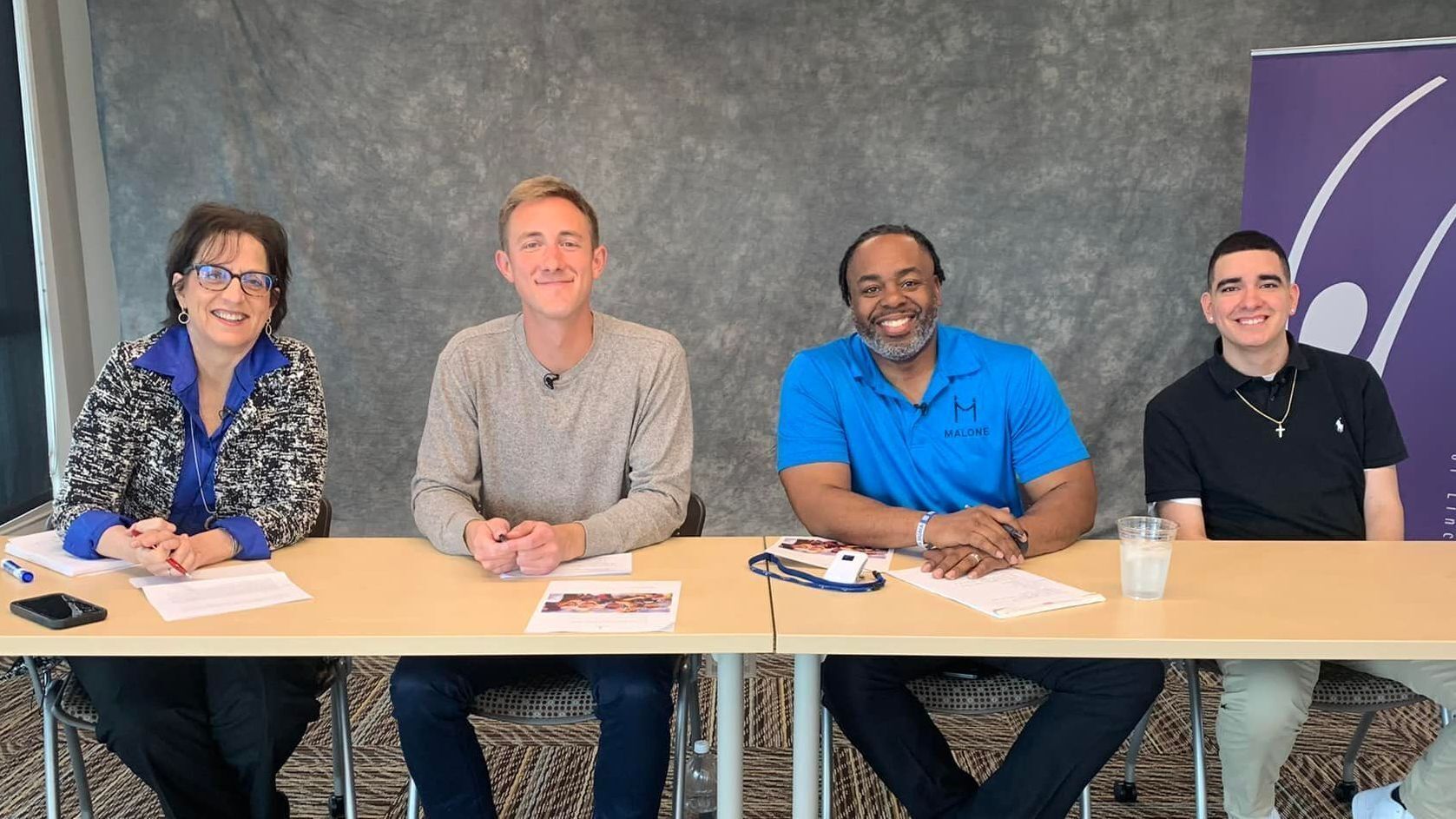
Other Past Community Conversations
Video of CHE's other past Community Conversations including the 2014, 2015, and 2016 "My Story" series and the 2013 series on health equity is available for viewing on the Community Health Endowment playlist on the LNKTV Health YouTube Channel.


